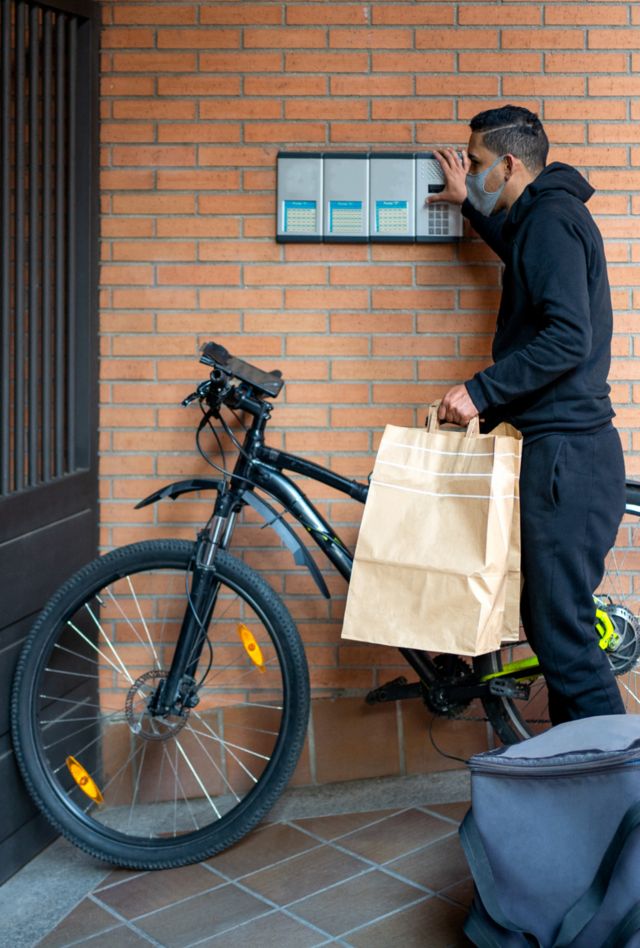Communicating Safe Behavior Practices to Vulnerable Road Users

Problem
It can be difficult to change the high risk behaviors of pedestrians, cyclists, and motorcyclists.
NORC is supporting the Virginia Tech Transportation Institute in developing a framework for the National Academies of Science, Engineering, and Medicine’s Transportation Research Board that identifies and addresses the root causes of high risk behavior for vulnerable road users (pedestrians, cyclists, and motorcyclists).
This project is being carried out as a coordinated, multi-institutional effort that leverages the team members’ broad familiarity with vulnerable road user safety, and deep expertise in behavior modification approaches and messaging, and stakeholder outreach and engagement.
Solution
NORC is identifying the best approaches for communicating with high-risk road users.
NORC will use market research audience segmentation data to identify the optimal channels and tactics for reaching at-risk road users and conduct a comprehensive review of prior road safety communication campaigns to identify successes and lessons learned that could inform future campaigns. Finally, NORC will utilize this information to develop evidence-based communication strategies and risk mitigation messages for priority audiences.
Result
Future communication efforts will improve safety for these vulnerable road users.
The outputs of this work will be used for the development of future communication efforts aimed at improving safety for vulnerable road users.








